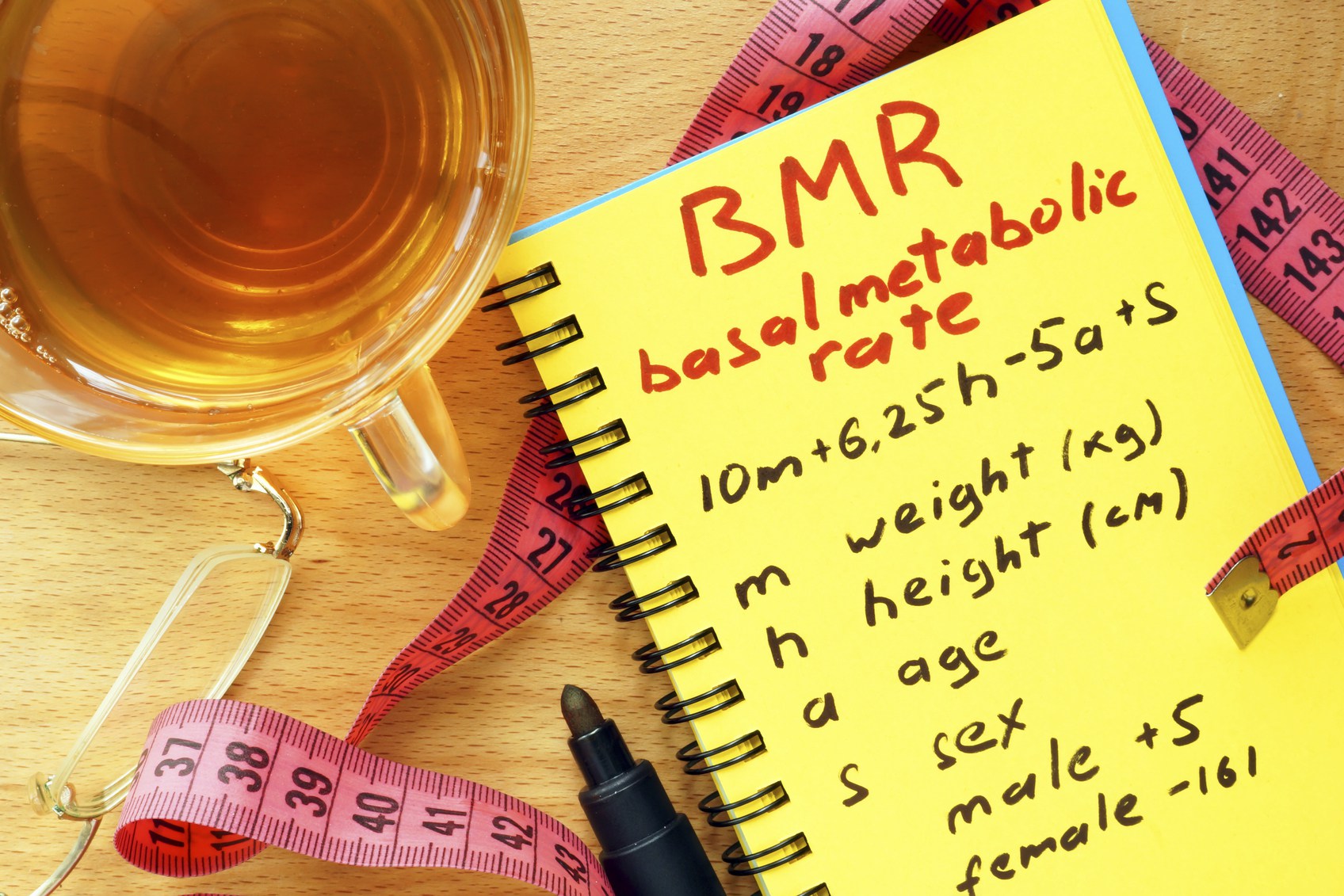
You’ve probably heard of the basal metabolic rate, or BMR, but do you really understand what is? The basal metabolic rate is the minimum amount of calories that are needed to sustain the life of a resting individual. If you are a person with weight loss on your mind you should understand that this can be a key factor in losing excess weight and keeping the weight off.
You can also look at your BMR as being the number of energy calories that are used by your body if you were to stay in bed sleeping all day. The basal metabolic rate may be responsible for burning close to 70% of the total calories used, but this can vary a bit due to a variety of factors.
The body burns calories constantly whether you are moving or not. Calories are burned as normal bodily functions take place such as blood pumping through the body, maintaining the body temperature, and breathing. The body burns even more calories than these because of BMR.
The Main Factors That Affect BMR
When we are young, our BMR is rather high, but as we start to age, the body’s BMR will begin to steadily decrease. When we grow older the body has less lean muscle mass, result in a slower basal metabolic rate. If the body has a lot of fatty tissue the BMR will be slower, but if there is a lot of lean tissue the BMR will be higher. Unfortunately, a person is not able to increase their BMR by doing regular exercise. Additionally, height is a factor. A person that is tall and thin will have a higher basal metabolic rate than a person that is shorter and fatter. Women who are pregnant will have an increased BMR.
Short Term Factors That Affect BMR
There are a few factors that can increase a persons basal metabolic rate. Things like increased levels of stress hormones, illness that is accompanied by fever, or a change in the environmental temperature. A lower BMR can also be the result of malnutrition, starvation, or fasting. A lower BMR can be the result of following nothing other than a diet plan. If you just diet by reducing the number of calories you consume you will not be as successful as if you were to diet and increase your exercise. You can offset the negative effects of dieting to the BMR by increasing the amount of exercise you do.
Thyroxin Controls the Body’s BMR
There is a small gland located just under the Adam’s apple in the neck that is called the thyroid. The thyroid gland produces a hormone called Thyroxin. Thyroxin is the key BMR regulator and controls the metabolism in the body.
When a persons thyroid is not working as it should they are usually diagnosed with a thyroid disorder. A thyroid disorder can affect your cholesterol level, heart rate, memory, menstrual cycle, skin health, muscle strength, energy level, and body weight.
If there is excessive thyroxin circulating through the body the BMR can double. This condition is known as thyrotoxicosis. If there is not enough thyroxin produced, the BMR can decrease by 30 to 40 percent of normal. This condition is known as myxoedema.